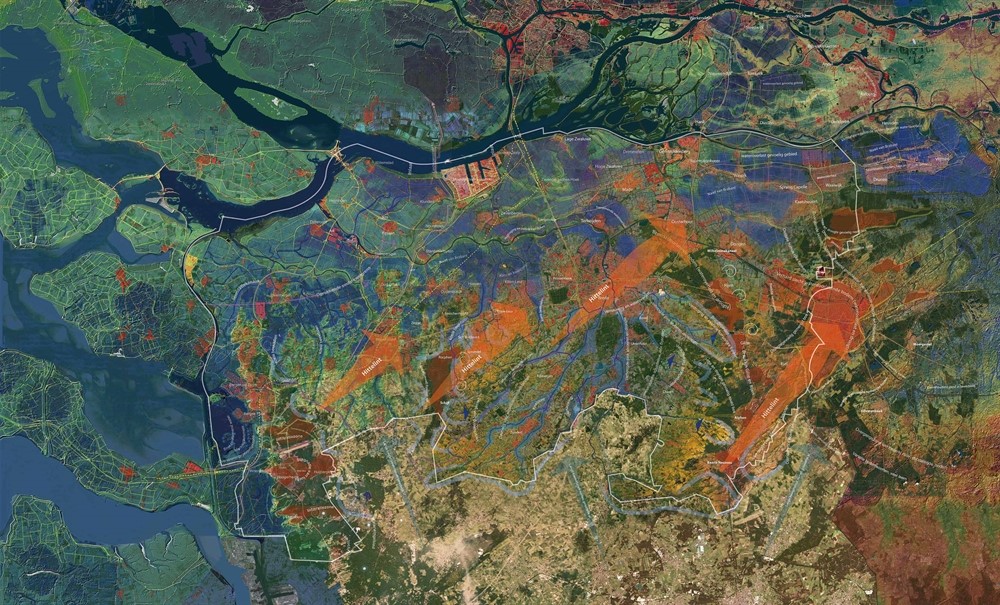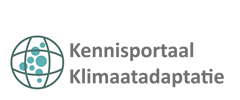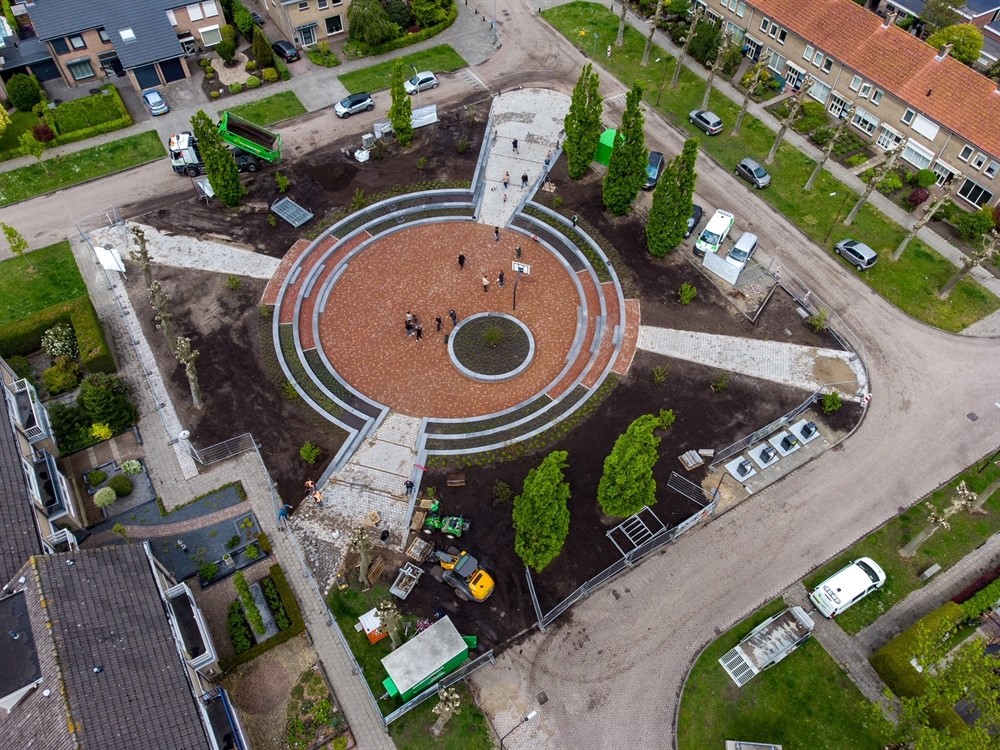Regional strategy for Waterkring West collaborative
On 22 October 2021, the Waterkring West-Brabant collaborative adopted a regional climate adaptation strategy and implementation agenda. This sets out how the municipalities of Bergen op Zoom, Halderberge, Moerdijk, Roosendaal, Steenbergen, and Woensdrecht; the Brabantse Delta district water board; and the Brabant Water and Evides water companies intend to climate-proof the region. The strategy and the implementation agenda are contained in a single document. This page deals with the contents of the strategy. The implementation agenda is addressed on a separate page.
How have the strategy and the implementation agenda been developed?
The Waterkring West collaborative comprises the municipalities of Bergen op Zoom, Halderberge, Moerdijk, Roosendaal, Steenbergen, and Woensdrecht; the Brabantse Delta district water board; and the Brabant Water and Evides water companies. These parties have decided to collectively elaborate, at the regional level, the ambitions set out in the Delta Plan on Spatial Adaptation. To this end, they embarked on a “Climate Journey” in 2019: a type of risk dialogue. During this climate journey, they collectively explored the climate taskings at issue in the region, linking them to regional trends and developments. The outcomes of this analysis have been visualised in local and regional climate maps.

What goal does the strategy pursue?
Climate adaptation is a tasking that involves the entire Working Region. The ultimate goal is to ensure that the Waterkring West Working Region will be climate-proof and water-resilient by 2050. This requires finding a new balance between water discharge and water retention in the unique brook and creek valleys, elevated sandy soils, forests, built-up areas, and inner cities. This strategy is aimed at linking this long-term goal to shorter-term goals. The Working Region intends to adopt an integrated approach by interlinking a wide range of taskings. Furthermore, the region sets great store by a collective approach, i.e., by joining forces with all the regional parties involved: government bodies, residents, businesses, NGOs, and area managers.
What does the strategy entail?
The strategy sets out the roles of the Working Region in the pursuit of climate adaptation:
- Policymaking: the Working Region identifies and sets out the regional taskings, and sets down the collective ambition and strategy to be pursued. All this is coordinated with the municipal, regional, and provincial taskings, and with ongoing collaborative efforts at the southern Netherlands level.
- Exchange of knowledge: several regional knowledge exchange platforms already exist, such as those of the West Brabant Water Collaborative and in the southern Netherlands. Waterkring West is focusing on knowledge sharing among the various parties involved in Waterkring West and on knowledge sharing with surrounding Working Regions. To this end, knowledge sessions will be set up, among other things. Furthermore, the Working Region will ensure that it keeps abreast of national and supra-regional knowledge development.
- Collaboration: ensuring that climate adaptation will actually be effective requires government bodies and individual residents to join forces. Waterkring West liaises between the parties that are essential for tackling the regional taskings and will set up several sessions to this end. This is imperative with a view to identifying the interconnectivity between the various taskings and the collective efforts.
- Implementation: Waterkring West fosters and facilitates the implementation of the projects. It ensures that the projects are intercoordinated and that, for example, projects can participate in applications for the Climate Adaptation Incentive Scheme.
Monitoring progress and collaboration
The Working Region organises annual evaluation meetings. In addition to reviewing the projects being carried out under the implementation agenda, attention is also paid to the progress made by each participating organisation. Furthermore, the meetings reflect on collaboration within the Working Region by reference to five factors that determine successful collaboration: purpose, ownership, approach, team, and direction.
Lessons to be learned
Some tips from Water- en Klimaatkring West Brabant to develop an efficient strategy and implementation agenda:
- First of all, explore the climate taskings together with all the partners, and consider what other regional taskings could be linked. A major advantage of such an exploration, also referred to as a risk dialogue or collective climate journey, is that all the partners depart from basically the same level when embarking on setting down the strategy and implementation agenda.
- In your implementation agenda, clearly set out what exactly you intend to achieve with your actions: write a promising prospect. Show or describe what the environment will look like once you have tackled the relevant taskings. This will demonstrate the added value of this collective approach.
- Tie in with the requirements and ongoing actions of the participating parties. Thus, they will feel (even more) involved.
- Keep your implementation agenda “manageable”: do not set your ambitions and goals too low, but definitely not too high either. The parties involved must have the feeling that the actions are feasible.
Contact person
Frans van Efferen
Regiocoördinator Water- en Klimaatkring West
F.VanEfferen@bergenopzoom.nl

